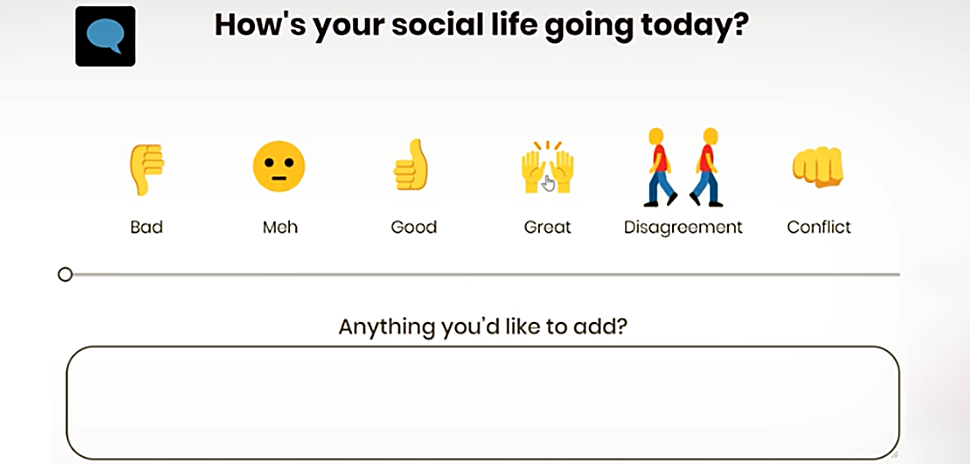Being a professor of entrepreneurship is a dicey proposition. There are many in academia who believe it is not a true academic category because “entrepreneurs are born and not made,” or because there is no domain knowledge to be taught. Regardless of which side of that argument you land, I do know that entrepreneurship can be learned. In essence, it refers to an individual’s ability to turn ideas into action, and is a key competence for everyone.
Being an entrepreneur is great, but contrary to popular belief, it’s not just about starting your own business. It is about encompassing the entrepreneurial mindset. The learning of entrepreneurial principles and the entrepreneurial mindset impacts student competency and employability and has implications across society and the economy. In short, thinking like an entrepreneur is powerful.
This is why the goal of making the entrepreneurial mindset a key competency for every student can and should become a reality in schools all across America.
What does “thinking like an entrepreneur” mean? It is understanding how to recognize opportunity, how to properly assess the opportunity, and knowing when to act—or not. It also means understanding risk mitigation, managing one’s own creativity, using and managing social networks, finding and leveraging resources, understanding effective communication, and managing people and money. Skills like these can be used in any work environment be it corporate, family business, nonprofits, government, startups, and developed or developing cities, states, and countries. These are skills every student should learn now. These are the skills in demand at almost every company in the world, and these are the skills all of us will need to be economically successful in the 21st century.
This is why the goal of making the entrepreneurial mindset a key competency for every student can and should become a reality in schools all across America. The good news is that there are hundreds of programs available in high schools, community colleges, and universities all across the country that want to do just that. The bad news is that most of these programs are isolated in business or economic programs. Why is that bad news? Because business majors do not start the majority of entrepreneurial businesses. They are started by students with specific domain knowledge (i.e. computer science, nursing, dance, art, education, engineering, and so on). Moreover, I question whether business schools are the most appropriate place to teach entrepreneurship: innovative and viable business ideas are more likely to arise from technical, scientific, and creative studies. So the real challenge is to build inter-disciplinary approaches, making entrepreneurship education accessible to all students, creating teams for the development and exploitation of business ideas, and mixing students from economic and business studies with students from other disciplines.
We need to expand our entrepreneurial efforts into every nook and cranny of education. This isn’t about teaching business skills per se. It’s about teaching the entrepreneurial mindset through the lens of each discipline.
It doesn’t seem like a hard thing to do, but it is. It would require institutions of learning to embark on a strategy designed to 1) combine formal and experiential learning, 2) develop and support more flexible curricula and payment structures to accommodate student and staff mobility, multi/inter-disciplinary teaching and co-teaching, and 3) enhance university-student-employer collaboration in innovation, interdisciplinarity and knowledge transfer. And it would require we do this across all academic disciplines. That is a very tall order for any learning institution in operation today.
We need to expand our entrepreneurial efforts into every nook and cranny of education. This isn’t about teaching business skills per se. It’s about teaching the entrepreneurial mindset through the lens of each discipline.
Nevertheless, these strategic objectives, or others like them, are necessary if the entrepreneurial mindset is to be sufficiently integrated in higher education curricula.
This is critically important to our nation’s future. Right now, 34 percent of all adult workers in the U.S. are on 1099s. By 2020, that number will be 40 percent. The students of today will not have jobs like their parents, they will be independent contractors selling their personal brand of competency to multiple employers at a time. If they are not prepared now to think entrepreneurially, they will be hard pressed to adapt to this new reality. Based on the changing domestic and global reality that our students face, we must begin to embed creativity, innovation, entrepreneurial thinking, and entrepreneurship into education at every level. Competencies in these areas will be crucial to economic survival in the 21st century.
For a daily dose of what’s new, now, and next in Dallas-Fort Worth innovation, subscribe to our Dallas Innovates e-newsletter.





























